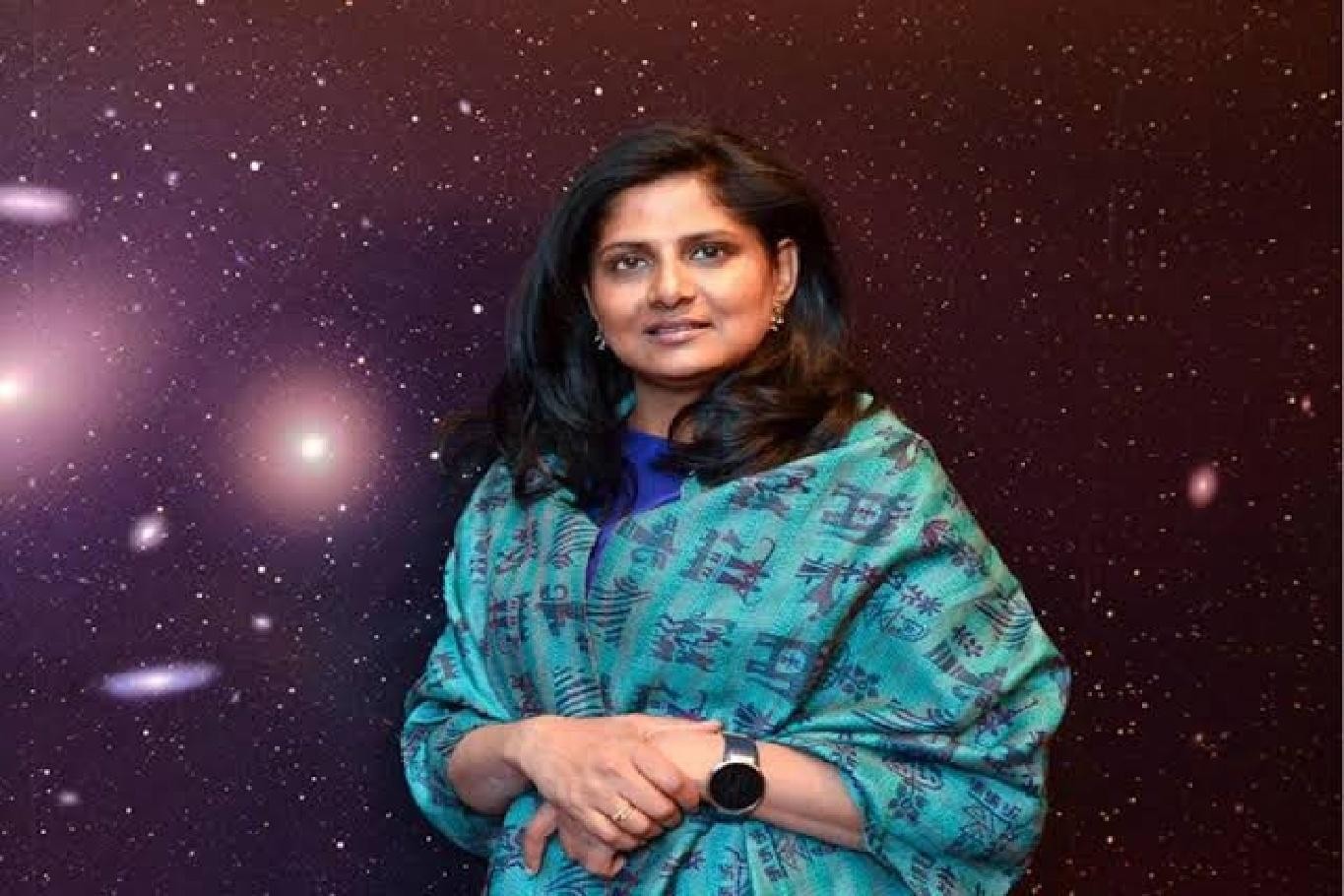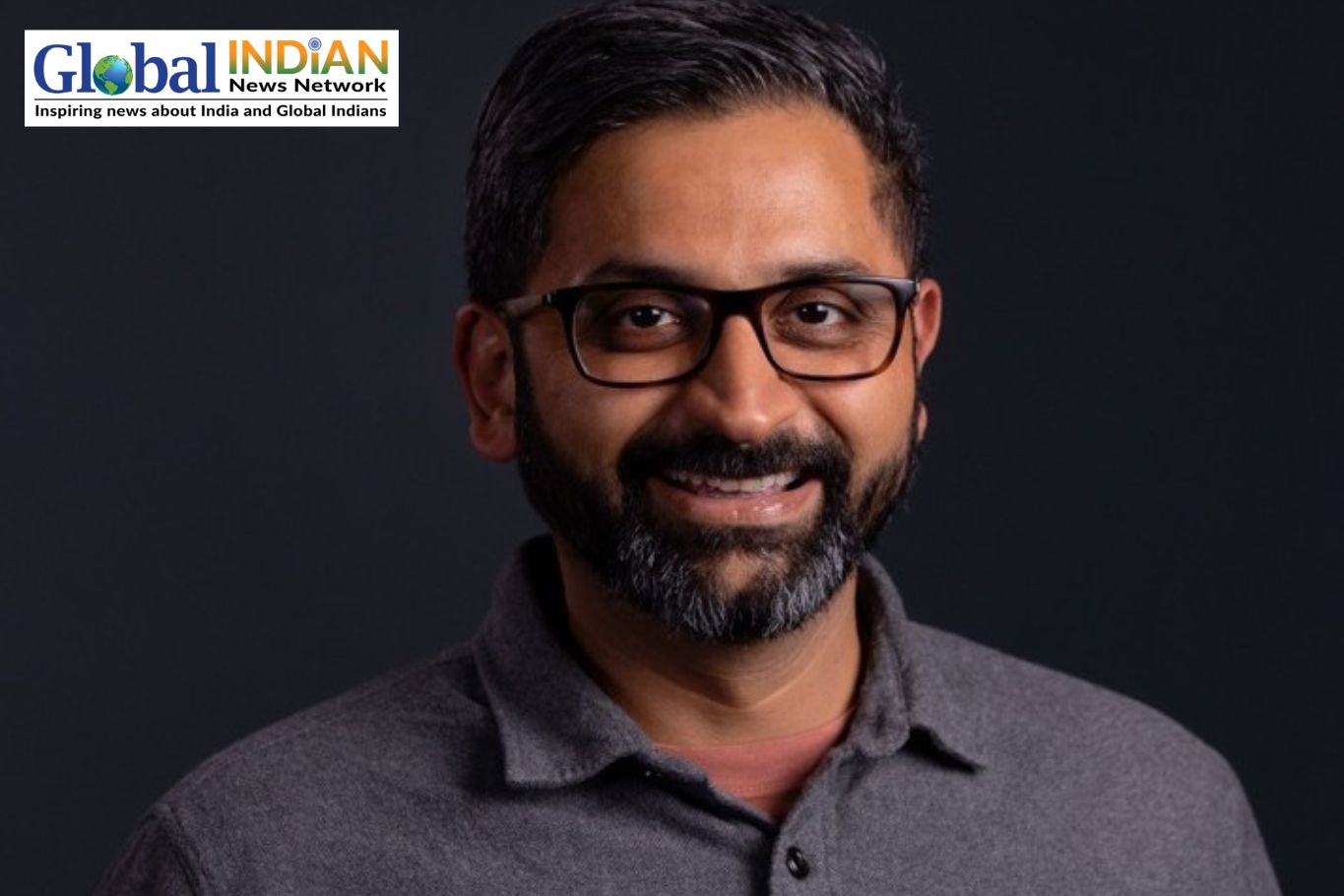
Theoretical astrophysicist Priyamvada Natarajan gained recognition on Wednesday as she made it to Time Magazine’s 2024 list of 100 most influential people, an esteemed annual compilation featuring global leaders, industry titans, athletes, media icons, and pioneers in creative fields.
In the TIME article, American astrophysicist Shep Doeleman lauds Natarajan’s propensity for innovative research, expressing personal inspiration from her work. Doeleman highlights Natarajan’s recent breakthrough, which advances the understanding of a fundamental astronomical mystery: the formation of supermassive black holes at the centers of galaxies.
Hailing from Coimbatore, Natarajan pursued her education in New Delhi before obtaining bachelor’s and master’s degrees from MIT. She later earned her PhD from Cambridge University in 1999, where she notably became the first woman in Astrophysics to be elected a Fellow at Trinity College.
Natarajan’s research focuses on mapping the ‘invisible universe,’ delving into the complex interplay between black holes and the formation and evolution of galaxies since the universe’s earliest stages. At Yale University, where she has been a faculty member since 2000, Natarajan holds the esteemed positions of Joseph S. and Sophia S. Fruton Professor and Chair of Astronomy, alongside serving as a professor of physics in Yale’s Faculty of Arts and Sciences (FAS).
Throughout her career, Natarajan has garnered numerous accolades, including fellowships from prestigious institutions such as the American Academy of Arts and Sciences, the American Physical Society, and the American Association for the Advancement of Science. She has also received esteemed Guggenheim and Radcliffe fellowships.
An accomplished author, Natarajan penned the highly praised book “Mapping the Heavens: The Radical Scientific Ideas That Reveal the Cosmos” in 2016, further solidifying her reputation as a leading figure in astrophysics.
Reflecting on the TIME honor, Natarajan expressed initial disbelief, suspecting the email from the magazine’s editor to be spam. Nevertheless, she now acknowledges the significance of the recognition, recognizing it as a testament to the impact of scientific endeavors and their capacity to influence society positively.









